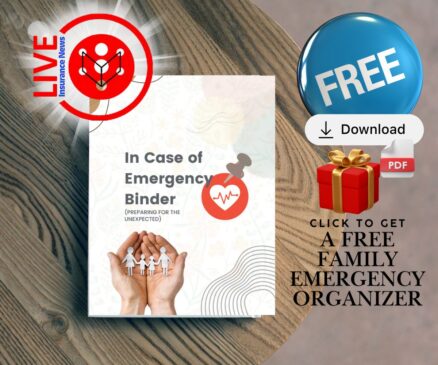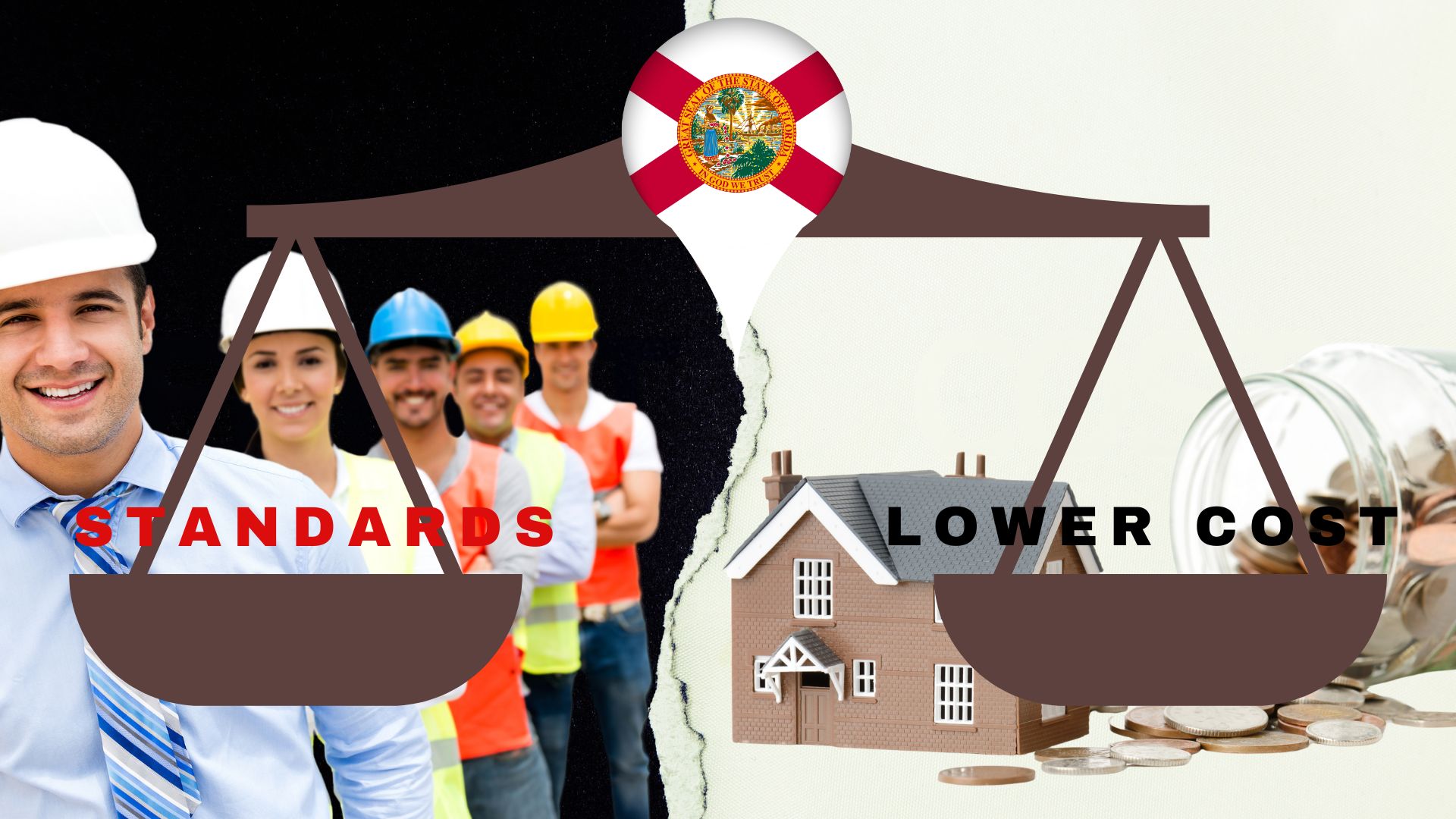Florida Bill Could Shake Up Insurance Market, Cause Ripples for Consumers
Florida House Bill 1461 is stirring up plenty of debate, and for good reason. The bill proposes dismantling at least 22 professional licensing boards that oversee fields like engineering, construction, and accounting. But here’s the kicker – it could have big-time consequences for Florida’s already-struggling insurance market.
Supporters say it’s a move toward streamlining government. Opponents? They’re raising red flags about safety, accountability, and what it means for the state’s consumers and businesses.
What’s in the Bill?
The bill aims to transfer the responsibilities of these boards to the Florida Department of Business and Professional Regulation (DBPR). These boards currently license professionals, enforce standards, and handle disciplinary actions. It would also reduce continuing education (CE) requirements for professionals, meaning fewer hours in classrooms or online courses to stay certified.
At a glance, the changes might seem like no big deal. Less bureaucracy, lower costs, and fewer hoops for professionals to jump through, right? But what happens when the people who build your house or inspect a damaged roof aren’t held to the same high standards anymore?
How Will This Affect Insurance?
Here’s where it gets dicey. Florida’s property insurance market is already in rough shape. This bill could make it worse. Insurers rely on licensed professionals like engineers, contractors, and inspectors to investigate claims, evaluate damages, and even testify in court. Weakening oversight for these experts might trickle down directly to claims disputes and rising premiums.
Take property/casualty insurance as an example. If the quality of work from contractors or building inspectors slips, repair jobs might fail or complaints may spike. This could lead to more claims disputes, lawsuits, and higher costs for insurers. Guess who ends up paying for that? Yep, everyday Floridians through higher premiums.
And what about fraud? Critics argue the lack of strict licensing standards could open the door to bogus professionals looking to scam insurers and homeowners alike. Even honest professionals might have less incentive to stay sharp with Continuing Education requirements being slashed.
Litigation and Risks
Insurers also depend on trusted professionals to serve as expert witnesses during claims disputes or lawsuits. If licensing gets looser, the credibility of these experts could take a hit. Lawyers could contest their qualifications, dragging out legal battles and hiking legal costs. Once again, insurance companies might pass those expenses onto policyholders.

But that’s not all. Lower professional standards don’t just lead to subpar work; they can result in real safety risks like faulty roof repairs or unsafe structures. That’s bad for everyone, not just insurers.
Supporters’ Perspective
Backers of the bill argue it’s all about efficiency and cost savings. Why maintain 22 boards (and their meeting costs) when the DBPR could handle it instead? Fewer licensing headaches would make life easier for professionals like contractors and engineers, saving time and money. Less red tape might even encourage more people to pursue these careers.
Some supporters also claim CE requirements aren’t always productive. The sediment is that many professionals learn more on the job than in a classroom. They see this reduction as cutting unnecessary fluff that doesn’t actually improve skills.
Critics Aren’t Buying It
Critics, on the other hand, argue there’s a high price to pay for cutting corners. They worry eliminating boards will strip away the focused oversight these industries rely on. After all, how can a single department regulate everything from accountants to engineers with the same level of expertise?
They’re also pointing out how generations of taxpayers and policyholders could suffer from lower-quality work and unsafe practices if licensing becomes little more than a rubber stamp.
On the insurance front, the stakes are even higher. Insurers already face challenges in Florida due to its hurricane risks and skyrocketing premiums. Throw in looser regulations for professionals, and it could scare off reinsurance companies (the insurers’ insurers), drive up costs, or even make coverage less available.
What’s the Bottom Line for Floridians?
At the end of the day, these changes aren’t just about government efficiency or cutting costs for professionals. They’ll likely hit Floridians where it hurts most – their wallets. Higher home insurance premiums, delays in claims processing, and more disputes could be coming down the line if these changes pass.
If insurers face rising costs due to disputes, fraud, or substandard work, they won’t just eat those losses. Consumers will see those costs reflected in higher premiums or stricter policy requirements. Businesses might also see increased rates for liability insurance or more difficulty finding coverage.
And while some professionals might welcome less regulation, what happens when their professions’ reputations are tarnished? Will Floridians be able to trust the people they hire to repair their homes or assess structural damage after a hurricane? It’s a question a lot of people are asking.
What Happens Next?
The bill still has to clear the Florida Legislature and get the governor’s signature. If it does, the DBPR will face a mammoth job absorbing the duties of 22 boards. Whether they can handle that without sacrificing public safety or professional quality remains to be seen.
Florida’s insurance market is already under enough pressure. The big question isn’t just whether this bill streamlines things for professionals – it’s whether that streamlining ultimately costs consumers more than it saves. For now, Floridians will just have to watch closely and hope their insurance policies (and home repairs) are in good hands.


